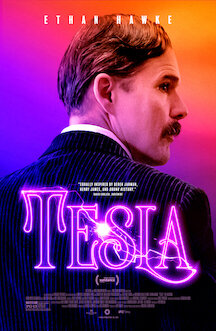Direction: Shannon Murphy
Country: Australia
Orchestrated with bittersweet notes, this fine Australian coming-of-age drama also takes romance to interesting levels of satisfaction. In her feature debut, director Shannon Murphy materializes an ultra-sensitive stage play, written by Rita Kalnejais, without falling into a typical tearjerker. And that's because the story can be utterly sad and maniacally offbeat at the same time. There’s some weird, comedic tones that make the heavier moments feel almost worry-free, and then there’s the talented cast enhancing what was already a well constructed course of events.
Eliza Scanlier (Little Women) is Milla, a terminally ill teenager who falls in love for the first time. However, the homeless boy she brings home, Moses (Toby Wallace), is a salvageable drug addict with a good heart. Milla’s parents - the emotionally unstable Anna (Essie Davis) and her psychiatrist husband Henry (Ben Mendelsohn) - are visibly disturbed with the situation but, little by little, concede this whim to their dying child. All characters have their burden, and the film becomes as moody and volatile as they can be. Hence, its emotional ebbs and flows keep us immersed in a flux of tension and release that pays off.
Avoiding to cut through superficial surfaces of distress, Mrs. Murphy builds a tale of implacable clarity. Babyteeth isn’t perfect, but it feels real, even in moments of chaos.








































